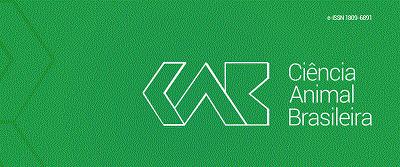Abstract
This study evaluates the economic viability of sheep finishing systems on irrigated Tamani grass pasture under continuous stocking, using castor bean cake. Four production systems were simulated: sheep supplemented with soybean meal on pasture fertilized with urea (SMUR), sheep supplemented with detoxified castor bean cake on pasture fertilized with urea (CCdUR), sheep supplemented with soybean meal on pasture fertilized with in natura castor bean cake (SMCC) and sheep supplemented with detoxified castor bean cake on pasture fertilized with in natura castor bean cake (CCdCC). A minimum unit of 3 hectares and an average slaughter weight of 28 kg were considered. A minimum selling price, at which the least profitable system would become profitable, was stablished: US$ 2.38 and US$ 4.45/kg per kilogram of body weight and carcass weight equivalent, adopting a minimum rate of return of 3.5% per year, based on the Selic rate. The costs for organic fertilization were 46.01% higher than in systems using chemical fertilization. The selling of live animals was not attractive in any of the systems evaluated, and the opposite was observed for the selling of carcasses and non-carcass components. System SMUR proved to be more profitable, with a gain of US$ 0.53 per kg carcass.
Keywords:
concentrated supplementation; internal rate of return; profitability; Ricinus communis L; Santa Inês

 Thumbnail
Thumbnail
